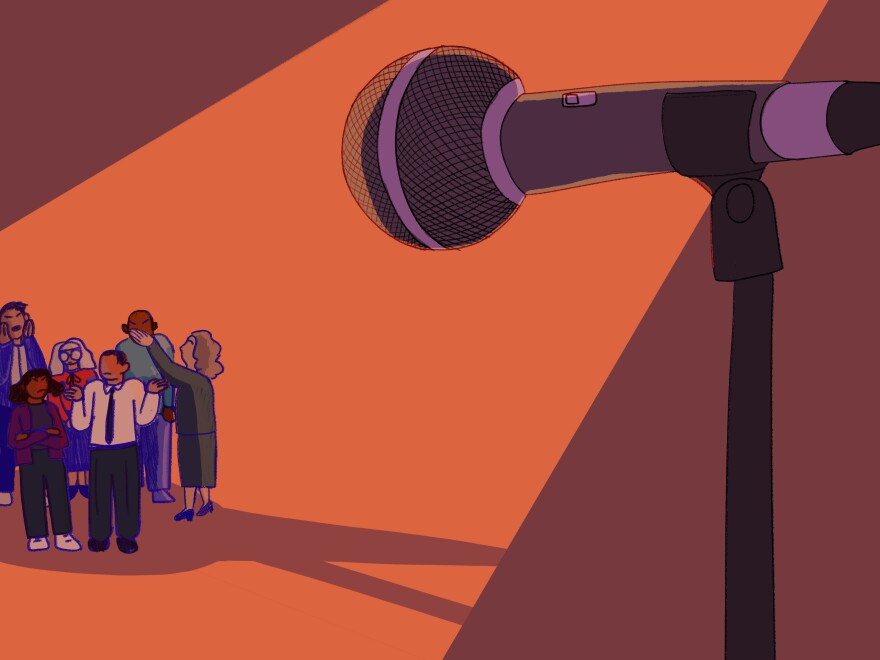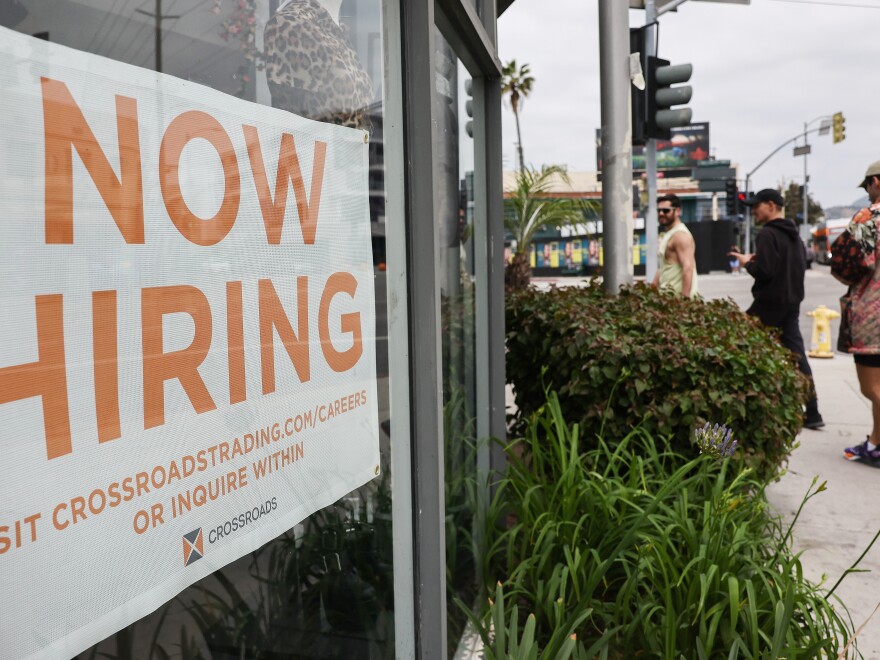Sean Combs’ bid to be released on bond before his sentencing hearing on October 3 was refused by a federal judge on Monday. The hip-hop mogul was found guilty last month of two counts of transporting someone to engage in prostitution, each of which carries a maximum penalty of ten years. On the more serious allegations of racketeering conspiracy and sex trafficking, he was found not guilty.
Prior to the trial and following the verdict, Combs was repeatedly refused bail. Combs’ defense lawyers submitted a motion for his release on July 29 with additional requirements, such as giving the U.S. Pretrial Services Agency his passport and posting a $50 million bail backed by his Miami home, where he would stay till the hearing. Combs’ lawyers contended in the request that their client does not represent a risk to the safety of others and that there was no precedent in law for detaining Combs based just on his convictions for prostitution, or the Mann Act.
According to the defense letter, “Combs and two of his long-time girlfriends had a private, intimate life that is not uncommon today.” When the Mann Act—originally known as the White-Slave Traffic Act—was passed on June 25, 1910, it might not have been widespread. However, over the past 115 years, ideas regarding morality and sex have changed significantly.
Judge Arun Subramanian responded by saying that Combs’ situation had not changed since the verdict, when he was last denied bail. During the trial, Combs’ defense team acknowledged that their client had engaged in domestic violence. Prosecutors provided evidence of Combs’ physical abuse of his ex-girlfriends, including hotel surveillance film showing Combs kicking, beating, and dragging singer Cassie Ventura. Judge Subramanian wrote that Combs did not fulfill the requirements for release because of this.
“Combs’s Mann Act arguments might have traction in a case that didn’t involve evidence of violence, coercion, or subjugation in connection with the acts of prostitution at issue, but the record here contains evidence of all three,” Arun Subramanian, the judge, wrote.
Combs also posed a flight risk, the judge said. Although he acknowledged the mogul’s worries on the conditions in the Brooklyn jail where he is being kept, the Metropolitan Detention Center, he decided that they were insufficient justification for his release.
“As Combs acknowledges, MDC staff has been able to keep him safe and attend to his needs, even during an incident of threatened violence from an inmate,” the judge stated.
A move for acquittal or retrial on the Mann Act allegations has also been submitted by Combs’ defense lawyers; Judge Subramanian has not yet replied.
Copyright 2025 NPR






